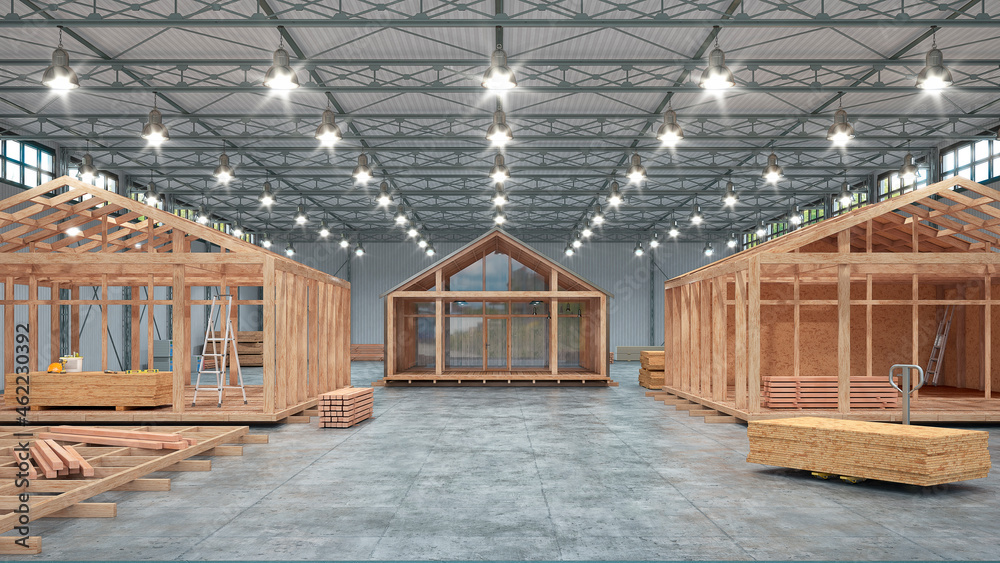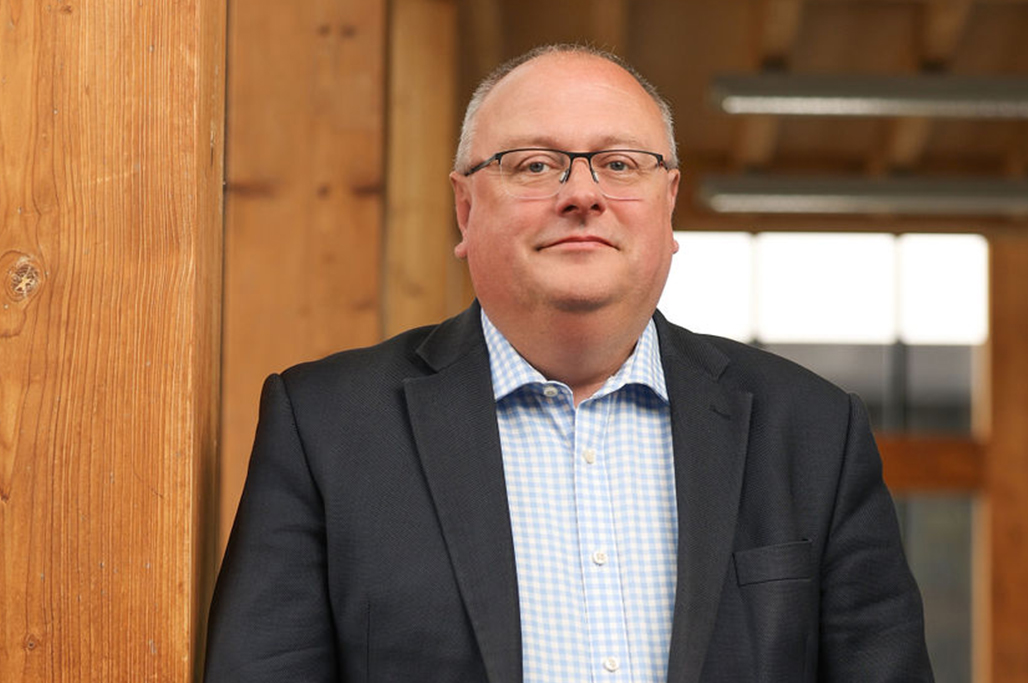
by Angus Irvine, partner and head of Rapleys Living
If we disrupt the modular model, we are in danger of losing it altogether, writes Angus Irvine.
The modular rollercoaster continues. From excitement with ministers donning hard hats on construction sites and declaring the practice a pioneer of modern methods of construction (MMC), to economic distress and failures.
The latest announcement from TopHat, one of the UK’s largest and most promising modular builders, laid out wide-sweeping redundancies and another change at the top. This comes hot on the heels of four other modular builders going into receivership this year alone, and we are not yet six months in. Last year we said goodbye to the big two: L&G Modular and Ilke Homes, the latter leaving £320m in debts despite being a bastion of Homes England.
So, what has gone so wrong when there has been so much promise and emphasis on what still remains an innovative idea and potential roadmap for the future?
No doubt economic factors have had an impact, as they have with brick-on-brick developers. However, the difference is that the modular model requires volume to be efficient, like a car production line. Faced with disruption to that model, the business case breaks down.
“There are just too many hurdles that remove the whole point of modular, which promises speed, precision and mass production, three things that the housing sector really needs”
One of the biggest disruptions to the model is the broken planning system. Its unpredictability and glacial speed are causing havoc in the modular factories where product runs are constantly having to be revised.
A TopHat modular house can be delivered from order to installation in two to three weeks. A traditionally brick-built house can take up to six months.
When you overlay the planning process, you could be adding another 12 to 18 months or longer to the pipeline, and then there’s the ‘discharge of conditions’ causing further disruption to the modular model.
There are just too many hurdles that remove the whole point of modular, which promises speed, precision and mass production, three things that the housing sector really needs. But, if we can’t overcome these barriers, these three modular USPs cannot be delivered.
And that’s not including the sustainability benefits that come with dropping in factory-built timber homes or those that have been built using renewable material, causing less disruption and waste, minimising health and safety issues on sites, incurring fewer community engagement issues and a reduction in embodied carbon, traditional construction emissions and so on.
Just think, if we did get offsite manufacturing right for housing and develop a best-case scenario digitally, we can create a blueprint for cost-efficient, well designed, sustainable housing that can be rolled out nationally. Surely taking this idea forward is better than allowing offsite manufacturing companies to continue to shrink when it’s not completely of their own making?
“However, the next government needs to find a practical way to take innovation in MMC and offsite manufacturing forwards, or the entire modular home business will be snuffed out just when we need to increase housing numbers”
Hopefully the shadow housing minister’s recent comments about modular being key to Labour’s roadmap to delivering 1.5 million homes in five years are a sign that modular still has a place in the housebuilding industry.
However, the next government needs to find a practical way to take innovation in MMC and offsite manufacturing forwards, or the entire modular home business will be snuffed out just when we need to increase housing numbers.
I’m not suggesting that the UK government puts all its faith in modular but we need to bust the door wide open at a time when it seems to be closing to ensure it’s not taken off the list of options entirely, and to explore if there’s a solution to take the innovation forwards. After all, this country needs more different forms of housing, not fewer.
Related news
Why Warm Homes is such a hot topic
Martin Gladwin and Titus Wing explore the Government’s Warm Homes Plan









